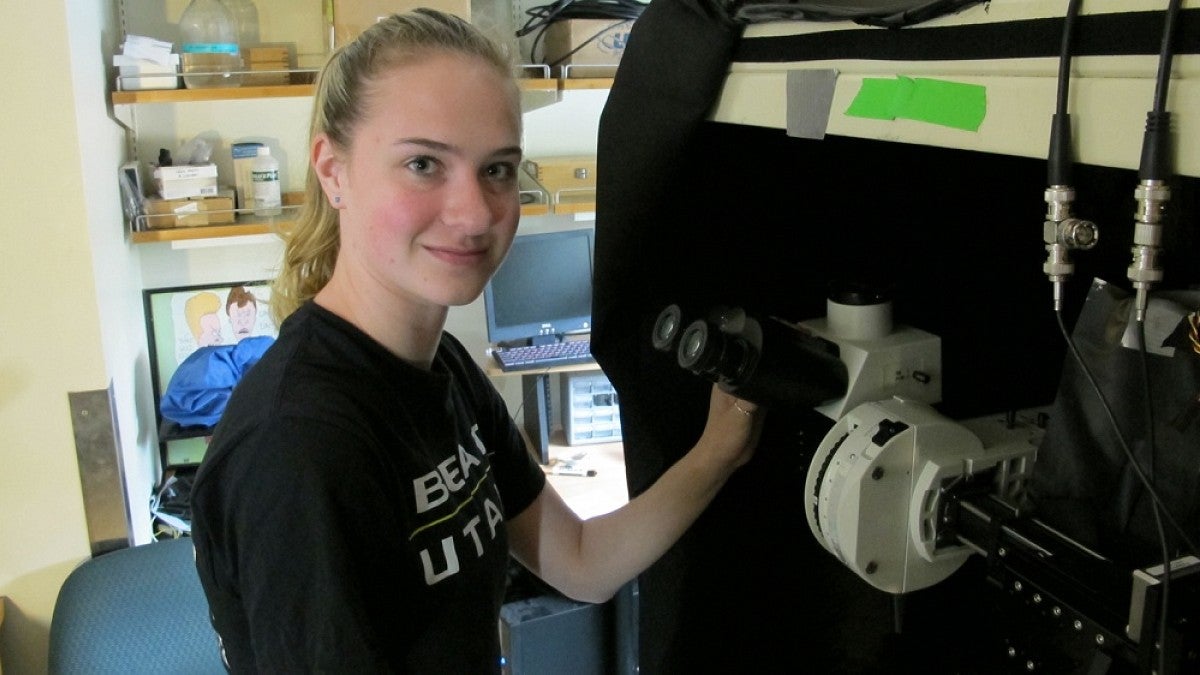The University of Oregon Foundation Board of Trustees announced this week that three programs will receive awards from the Trustee Excellence Fund.
The foundation board, in collaboration with the Office of the Provost, made the decision to provide $80,000 in grant funding next year to the programs as a way to promote academic excellence and create ongoing opportunities for the trustees to establish lasting relationships with students and faculty members.
“It is with such pleasure that we make these awards each year,” said Paul Weinhold, president and chief executive officer of the foundation. “The board of trustees will continue to be proactive in assisting programs that are scholarly, innovative and have a student success focus at their core.”
UO organizations receiving money from the Trustee Excellence Fund include:
- The UO Peer Advisors for Veteran Education program, for $25,000. Known as PAVE, the outreach and support program has nearly two dozen peer advisors who are trained to help student military veterans in their transition from military service to college. PAVE assists in increasing student veterans’ connections across campus and allows them to seek academic and counseling services so they can have success in the classroom. The fund will help recruit more peer advisors.
- The Landscape for Humanity program sponsored by the College of Design’s School of Architecture & Environment and the Department of Landscape Architecture, for $30,000. Students and faculty members participating in the project will design, build and test a multifunctional landscape model to assist the homeless. The grant will be used to start a sustainable living forest at the Opportunity Village Eugene, a transitional microhousing community for those without homes. Students and faculty members working on the project will create a sustainable living forest with hundreds of shade and fruit tree containers for the village. The trees will be cultivated by treating and reusing nutrient-rich wastewater.
- The Center for Undergraduate Research and Engagement’s First-Year Scholars Program, for $25,000 plus an additional $25,000 in 2020. The money will create five new summer fellowships that will introduce and engage at the end of their first year outstanding students who have conducted research activity. Each student receiving a fellowship will work closely with a faculty member for an eight- to 10-week period during the summer. Through the experience, the center’s advisors say that student participants will be able to compete for national scholarships and grants.
Jayanth Banavar, the UO’s provost and senior vice president, said the foundation board’s funds will bolster programs that have a high likelihood to bolster student success at the UO.
“The foundation board is to be commended for providing these extra dollars that will clearly aid us in focusing on student success in and out of the classroom,” Banavar said. “These are very unique programs that allow our students to have hands-on experiences and to make positive change in our community. These things couldn’t have happened without the foundation’s help. We are grateful.”
More than 18 programs applied for the funding this year after Banavar solicited applications from across campus. The Office of the Provost went over the applications and narrowed the list of potential recipients to eight.
Funds must be allocated to student or faculty academic programs in order to be considered. The provost makes a recommendation to the board about which projects should be funded. Applications are due every year in March and decisions are made at the end of the spring quarter.
In past years, the fund has provided fiscal resources to the Prison Education Program’s Inside-Out initiative, the Art of the Athlete’s study abroad program and several interdisciplinary student research projects. Those include research on malnutrition and brain development, speech processing, environmental humanities, indigenous traditional ecological knowledge, social media and public health, and environmental thermal environments and energy consumption.
The foundation board is enthusiastic about the initiatives that received funding because they have a direct affect on student learning and success, Weinhold said.


